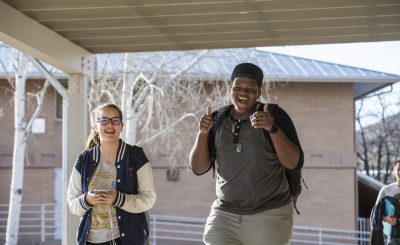“WALK THE WALK”
Rashna Ginwalla ’95
Knowing is not enough; we must apply
Willing is not enough; we must do
—Johann Wolfgang von Goethe
I became a surgeon because I get to marvel every day at the miracle of our corporeal existence, and I can get paid for it! Human ingenuity and random chance ensure that I will never be out of a job. I can combine my two loves of operating and of traveling into a means to satisfy my obligations to my fellow men and women.
Having traveled some and seen the way most of the world’s population receives medical and surgical care, there is a desperate need for multidisciplinary and trans-disciplinary human capital to address all the various social determinants of health. “Health” or “wellness” is not the sole purview of the medical field: Lawyers who expose the subjugation of disenfranchised people and who restore their human rights; doctors, nurses, and the whole cadre of the health-care delivery workforce who actually deliver care and treat the sick; public health workers who set and raise standards of sanitation, hygiene, vaccinations, and other population-based measures for prevention to improve health; engineers who design innovative means of resource delivery, sanitation, resource-appropriate technology; financiers who create systems that prevent illness from destroying a family’s savings and opportunity—every profession has a role to play and, I would argue, an obligation to do so. And ALL have a moral obligation for témoignage, or “to bear witness” on behalf of the marginalized.
Working in the fragmented and administratively burdened health system of the United States, I find it easy to often lose sight of the big picture, to see the value of the life experiences I have had, and to apply them to my work. Almost twenty years after graduating from UWC-USA, I find myself looking back to the person I was then, drawing on the hope I found there and on the strength of the friendships I made that persist even today. That led me to work for Médecins sans Frontières (MSF, or Doctors Without Borders), which remains the single most intense experience of my professional life and the one that defines the direction of my life’s work. It is an organization that truly knows how to “walk the walk,” to deliver what others only talk about, and to speak out when others will not. I would urge everyone to take stock and ask of oneself, “What have I done to make the world a better place today?”
The future will demand from us all additional commitments to each other and will challenge our ability to implement our words into action and deliver rather that circuitously meet, speak, or write dead-ended resolutions. While times have indeed changed since I left Montezuma in 1995 and the increasingly public sphere within which we are all forced to function has indeed fundamentally altered the way we communicate as a species, the basic needs of human beings everywhere have not changed. We all need clean water, nutritious food, and shelter from the elements. But we also all need dignity, respect, recognition of our existence, protection from violence, and social interaction. The strength to “walk the walk” lies within each of us, and if we are to look back at 2017 as the year in which our global conscience was awakened, we must all ACT, each and every day.

